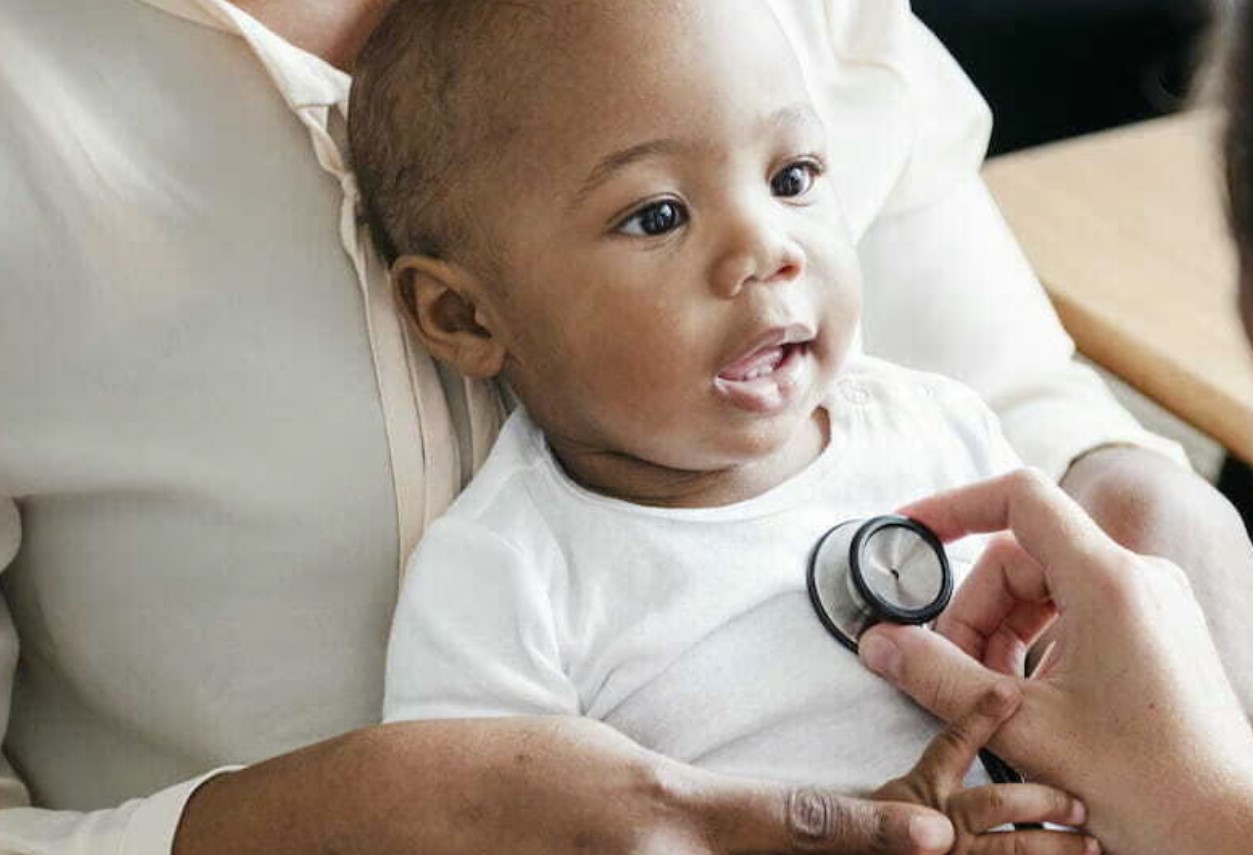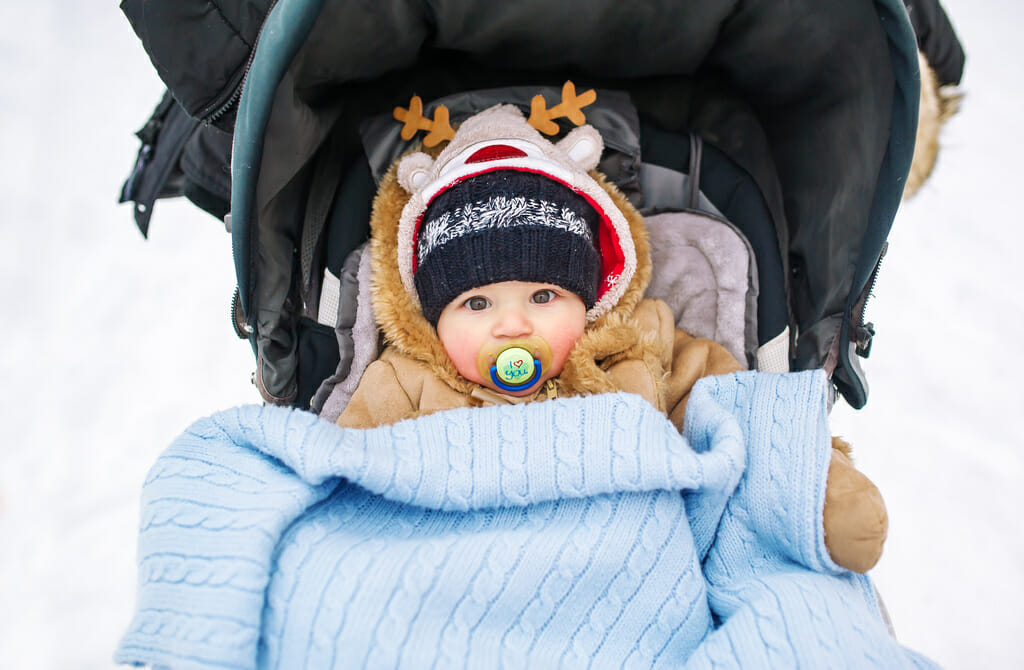Bronchiolitis in Babies
What is bronchiolitis?
Bronchiolitis is a common viral respiratory tract infection affecting babies and toddlers. The commonest virus causing bronchiolitis is Respiratory Syncytial Virus (RSV) and it spreads through small droplets from the coughs and sneezes of those infected.
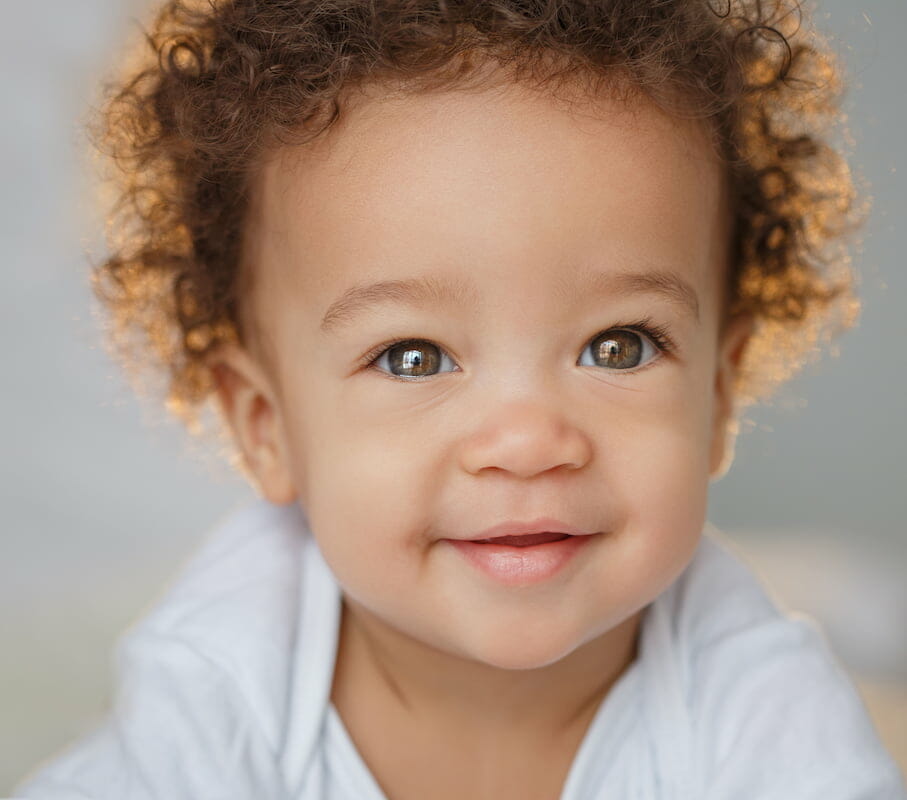
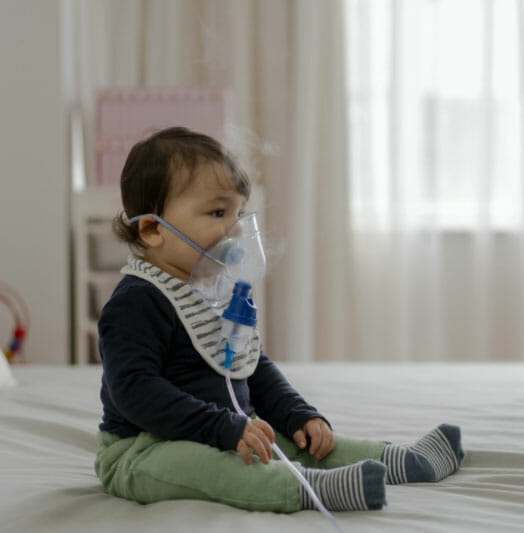
Does my baby have bronchiolitis?
Early symptoms are very similar to a cold, and include cough, fever, and a blocked or runny nose. Breathing difficulty may develop over the course of a few days. Nasal congestion and breathing difficulty frequently lead to reduced feeding and fewer wet nappies, especially in younger infants. In most cases, symptoms are usually worse between the third and fifth day. Symptoms are usually mild, and the cough may last for two to three weeks or even longer without treatment being needed. Hospital treatment may be needed if symptoms are more severe
What to do if my baby has bronchiolitis?
If your baby has mild symptoms and is showing signs of recovering, your baby can be looked after at home. Offer smaller and more frequent feeds to keep up hydration and saline nasal drops can be used to ease nasal congestion. However when symptoms persist, are severe, or if you are worried about your baby, you should speak to a paediatrician.
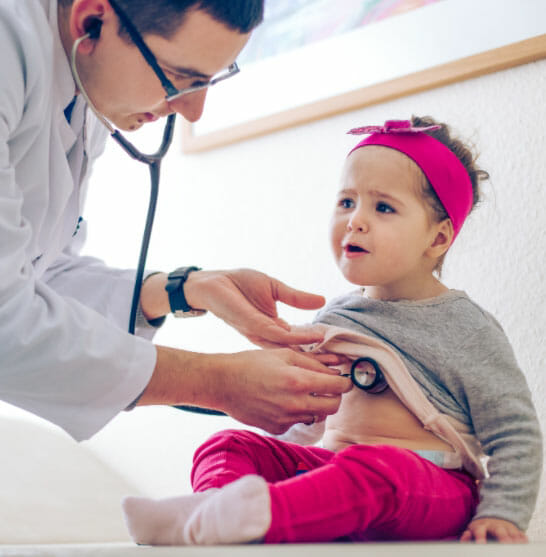
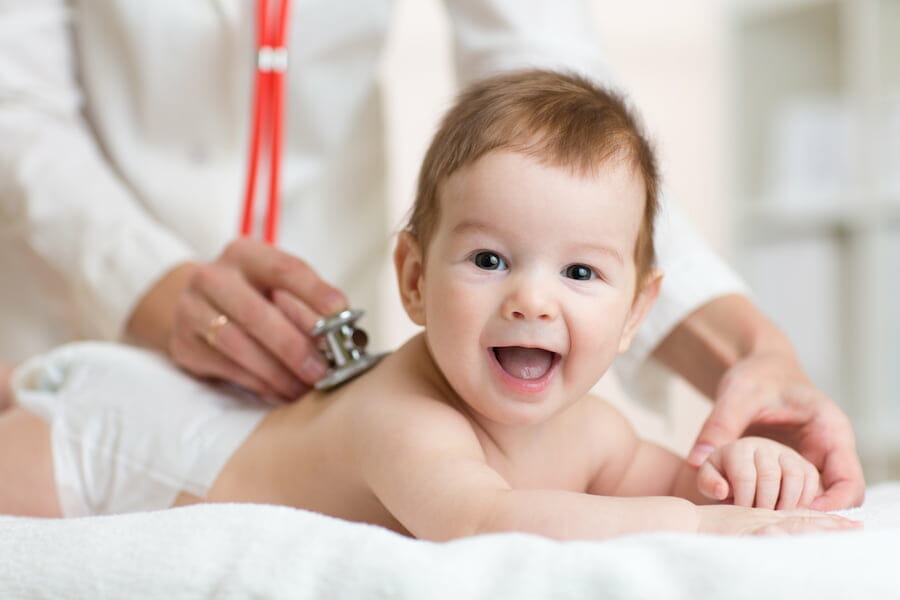
When to see a doctor?
Less frequent wet nappies indicate dehydration and if your baby has not had a wet nappy for more than 12 hours your baby is likely to need some support with feeding. A high temperature, lethargy, rapid or laboured breathing are all signs that need more urgent assessment. Very young infants, infants born prematurely, or those with pre-existing conditions such as heart or respiratory problems are often more severely affected and an earlier medical assessment is recommended.
You should seek immediate medical help or call 999 if your baby displays symptoms such as; severe breathing difficulty with very rapid of shallow breathing; pauses in breathing; skin turning blue or pale in colour; you are unable to wake up your baby or keep them awake. Fortunately, most infants and children are not so severely affected and make a complete recovery.
Related articles
Book your appointment
Clinic, remote appointments and home visits are available daily.
We can always find a time to suit you, so please do ask if you are having difficulty finding a suitable time.

